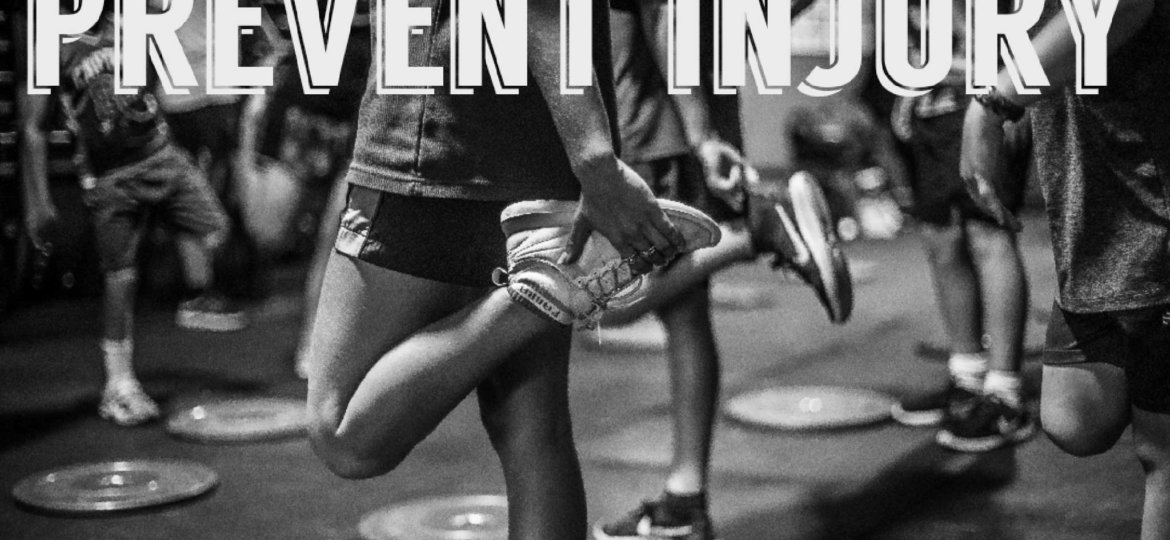
Regular physical activity is an essential part of a healthy lifestyle, protecting us from a host of modern ills such as heart disease, obesity, type 2 diabetes, depression and some cancers. Sport and exercise are great ways to accumulate regular physical activity, but what about when they do us harm?
From team sports to extreme sports, all physical activities carry some risk of injury. But before you retreat to the safety of the couch, it’s important to remember the benefits far outweigh the risks, and avoiding physical activities altogether is likely to be the riskiest option of all.
It’s important to consider how you can minimise your risk of injury so you can continue to reap the health benefits of sport for many years to come.
Luckily there are some tried and tested methods for reducing your injury risk, and experts suggest up to 50% of sports injuries can be prevented. At Hi Reps we stress the importance of following these tips to keep yourself injury free:
1) Stretch: Having good flexibility decreases your risk of injury, so incorporate stretching into your training regimen. Make sure your stretching is planned and purposeful, as tokenistic stretching just before a game may not do much for you.
2) Always include a warm-up: Muscles respond to heat and will have a higher tolerance for stretching when warm. An appropriate warm-up that mimics sports-specific movements will enhance blood flow, increase muscle elasticity, and help reduce sports injuries.
3) Stay strong: Regular resistance training has been shown to reduce sports injuries in both adults and young people, and it has the added benefit of improving sports performance. Incorporate age-appropriate resistance exercise into your weekly training plan.
4) Don’t go too hard too soon: Recent evidence suggests injury risk is primarily a function of “training load errors” (in other words, training too much or too little). This view suggests it is rapid or excessive fluctuations in training load that predisposes individuals to injury, rather than just training too hard. So progress gradually, maintain a moderate training load where possible, and if you have time off due to injury or illness, don’t return to pre-injury training levels too quickly.
5) Don’t get injured in the first place: Unfortunately, one of the most influential predictors of sports injury is having suffered the same injury previously. So one of the best things you can do to prevent your risk is to ensure you follow injury prevention guidelines early, as it may become harder to stay uninjured once an injury occurs.
